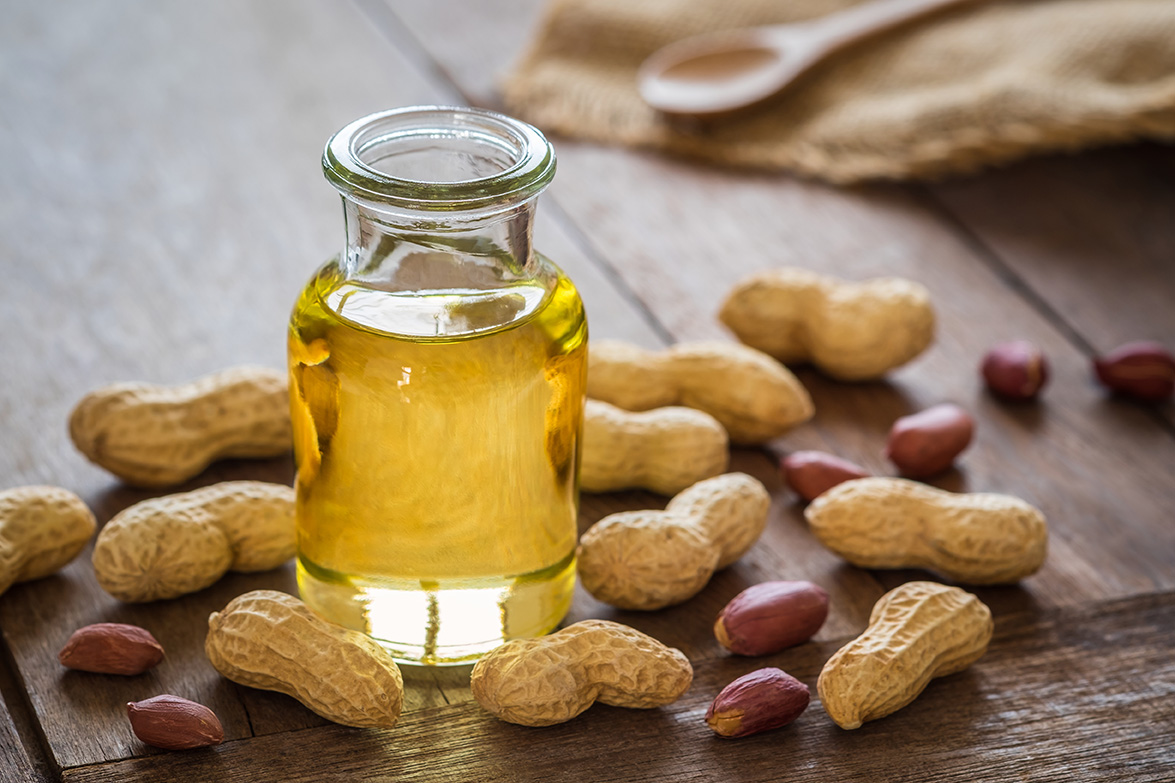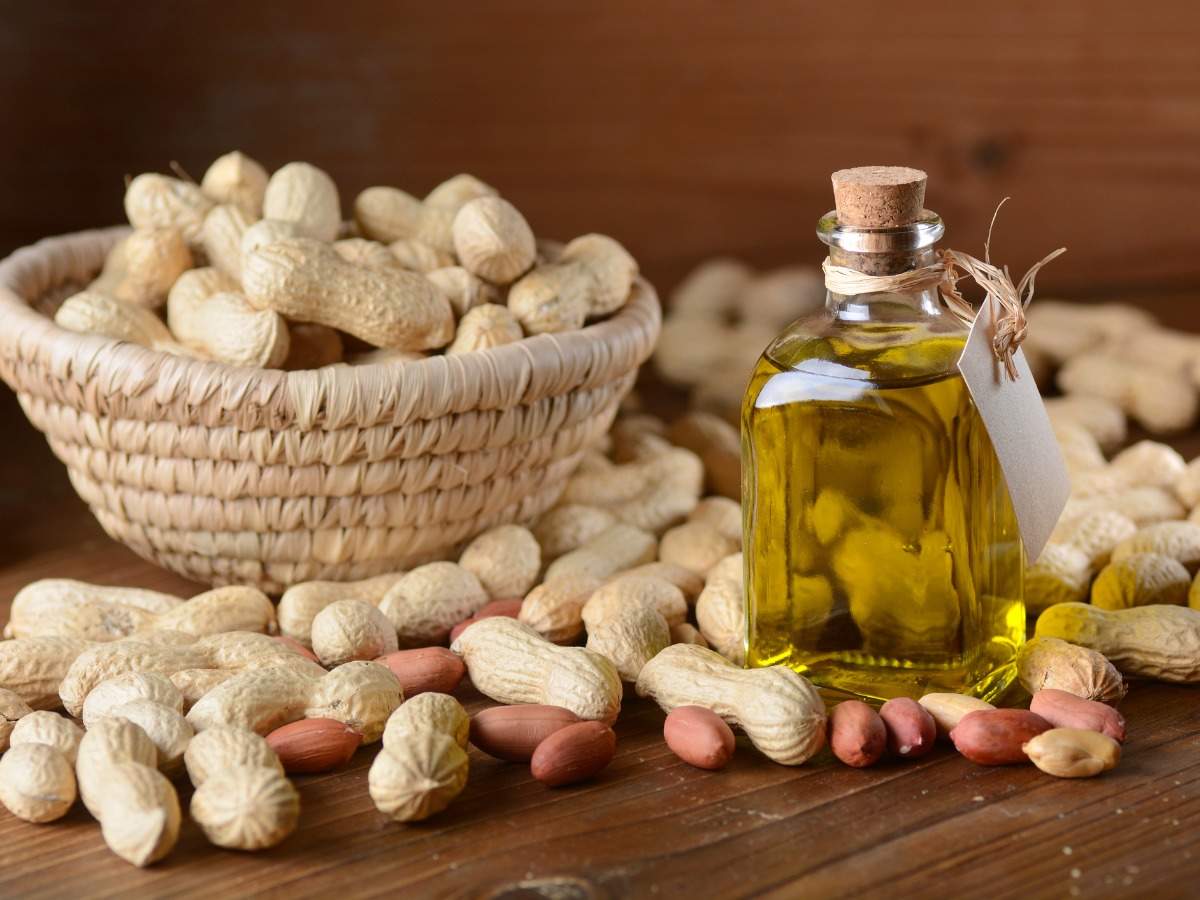The Surprising Truth: How is Peanut Oil Made?
Written By James Morgan

The Surprising Truth: How is Peanut Oil Made?
Discover the intricate process of making peanut oil, perfect for barbecue enthusiasts and kitchen aficionados.
Introduction
Peanut oil, also known as groundnut oil, is a popular choice among barbecue enthusiasts and home cooks due to its high smoke point and rich flavor. But have you ever wondered, how is peanut oil made? In this comprehensive guide, we will explore the fascinating process of peanut oil production, from harvesting the peanuts to extracting the oil.

Understanding Peanut Oil
What is Peanut Oil?
Peanut oil is a type of vegetable oil derived from peanuts. It is widely used in cooking, especially for frying, due to its neutral taste and high smoke point.
Types of Peanut Oil
- Refined Peanut Oil
- Unrefined Peanut Oil
- Cold-Pressed Peanut Oil
- Roasted Peanut Oil

The Peanut Oil Extraction Process
1. Harvesting Peanuts
The process begins with the harvesting of peanuts, which are typically grown in warm climates such as the southern United States, China, and India. Peanuts are plucked from the ground and cleaned of dirt and debris.
2. Shelling the Peanuts
After harvesting, the peanuts are shelled to remove the outer shell. This can be done manually or with the help of specialized machinery.
3. Roasting (Optional)
In some peanut oil production processes, the peanuts are roasted to enhance the flavor of the oil. This step is optional and varies depending on the desired flavor profile.
4. Grinding
The shelled peanuts are then ground into a thick paste, which helps release the oils contained within the peanuts.
5. Pressing
Next, the peanut paste is subjected to mechanical pressing to extract the oil. Cold pressing is a common method used to produce high-quality peanut oil without the use of heat or chemicals.
6. Refining (For Refined Peanut Oil)
For refined peanut oil, the extracted oil undergoes a refining process to remove impurities and enhance its stability. This step may involve degumming, neutralization, bleaching, and deodorization.
7. Filtering and Packaging
Finally, the peanut oil is filtered to remove any remaining particles and then bottled for distribution and sale.

Benefits of Peanut Oil
High Smoke Point
Peanut oil has a high smoke point, making it ideal for frying and grilling at high temperatures.
Rich Flavor
Its natural, nutty flavor adds depth to dishes, perfect for barbecue sauces and marinades.
Health Benefits
Peanut oil is rich in monounsaturated fats, which are beneficial for heart health. Discover more on WebMD.
FAQs about Peanut Oil
Is Peanut Oil Healthy?
Yes, peanut oil contains healthy fats and vitamins that can contribute to a balanced diet. Learn more on the health benefits of peanut oil.
Can Peanut Oil Be Used for Skincare?
Absolutely! Peanut oil has been used in skincare for its moisturizing properties. Check out peanut oil's underrated skincare benefits.
What Dishes Can I Cook with Peanut Oil?
Peanut oil is versatile and can be used to cook a variety of dishes such as stir-fries, fried chicken, and even baked goods. Explore creative peanut oil usage in our article on cooking with corn oil.
How Should I Store Peanut Oil?
Store peanut oil in a cool, dark place to maintain its freshness. Read more about storing peanut oil.
How Much Peanut Oil is Needed to Fry a Turkey?
Typically, you will need about 3-4 gallons of peanut oil for frying a turkey. Learn more on peanut oil quantities.
What is the Shelf Life of Peanut Oil?
Peanut oil has a shelf life of about 1-2 years if stored properly. For details, visit our blog on oil storage.
Conclusion
In conclusion, understanding how peanut oil is made helps us appreciate the intricate process that goes into producing this versatile oil. Whether you're frying, grilling, or baking, peanut oil offers a fantastic flavor and numerous health benefits. As always, ensure you store it correctly to maintain its quality.
As an Amazon Associate, I earn from qualifying purchases.



